August 2 stands as one of history’s most eventful days, witnessing the rise and fall of empires, groundbreaking discoveries, and moments that shaped our modern world across centuries of human achievement.

Politics and Government Events on August 2
1923 – Calvin Coolidge Becomes President
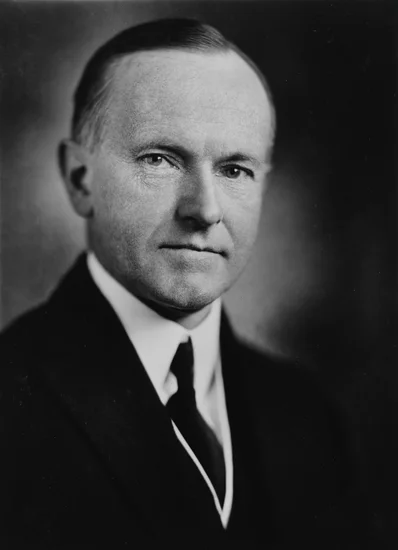
Vice President Calvin Coolidge ascended to the presidency following Warren G. Harding’s unexpected death. The oath of office was administered by his father in a Vermont farmhouse by lamplight.
This rural swearing-in ceremony became one of the most memorable presidential transitions in American history. Coolidge’s presidency would usher in an era of economic prosperity and limited government intervention.
1934 – Hitler Becomes Führer
Adolf Hitler consolidated absolute power in Germany by combining the offices of Chancellor and President after Paul von Hindenburg’s death. This merger created the position of Führer, eliminating the last constitutional checks on Nazi authority.
The German military swore personal loyalty oaths to Hitler rather than the constitution. This political transformation marked the final step in Nazi Germany’s descent into totalitarian dictatorship.
1944 – Socialist Republic of Macedonia Born
The Anti-Fascist Assembly for the National Liberation of Macedonia (ASNOM) established the Socialist Republic of Macedonia. This foundational meeting laid the groundwork for Macedonian statehood within Yugoslavia.
The assembly’s decisions would shape the region’s political future for decades. This date remains celebrated as Republic Day in modern North Macedonia.
1989 – Pakistan Rejoins Commonwealth
Pakistan gained readmission to the Commonwealth of Nations after restoring democratic governance. The country had been suspended following years of military rule under General Zia-ul-Haq.
This diplomatic milestone marked Pakistan’s return to the international community of democratic nations. The restoration of parliamentary democracy opened new avenues for international cooperation and development assistance.
1990 – Iraq Invades Kuwait
Saddam Hussein’s forces launched a full-scale invasion of Kuwait, overwhelming the small nation’s defenses within hours. The surprise attack stemmed from disputes over oil production quotas and territorial boundaries.
This aggressive action would trigger the Gulf War and reshape Middle Eastern geopolitics. The international community’s response demonstrated the post-Cold War commitment to collective security.
Military and Naval History on August 2
1903 – Ilinden–Preobrazhenie Uprising Begins
Macedonian and Bulgarian revolutionaries launched a coordinated uprising against Ottoman rule across the Balkans. The rebellion aimed to establish autonomous regions free from Turkish administrative control.
Despite initial successes, the Ottoman Empire’s superior military forces gradually suppressed the revolt. The uprising’s legacy inspired later independence movements throughout the declining Ottoman territories.
1914 – German Occupation of Luxembourg
German forces crossed into Luxembourg as part of their broader invasion strategy at World War I’s outset. The tiny nation’s neutrality proved insufficient protection against Germany’s military objectives.
Luxembourg’s strategic location made it a crucial corridor for German advances into France. The occupation would last throughout the war, demonstrating how small nations became pawns in great power conflicts.
1916 – Italian Battleship Leonardo da Vinci Sinks
Austrian saboteurs successfully destroyed the Italian battleship Leonardo da Vinci in Taranto harbor through an internal explosion. The attack eliminated one of Italy’s most powerful warships from the Adriatic theater.
This covert operation demonstrated the importance of naval security during wartime. The loss significantly weakened Italian naval capabilities in the Mediterranean conflict zone.
1943 – PT-109 Incident
Japanese destroyer Amagiri rammed and sank Motor Torpedo Boat PT-109 commanded by Lieutenant John F. Kennedy. The future president’s leadership during the rescue operation saved most of his crew.
Kennedy’s heroic actions in the Solomon Islands became central to his later political career. The incident showcased American naval courage in the Pacific theater’s dangerous waters.
1943 – Treblinka Revolt
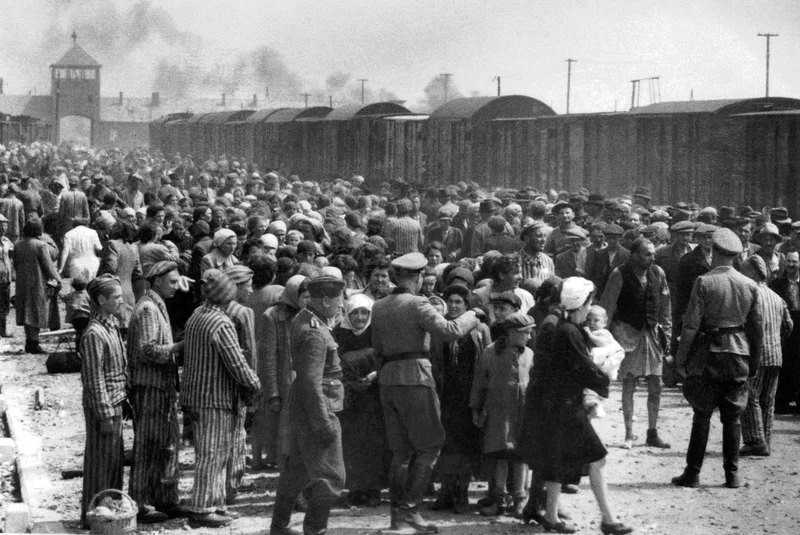
Jewish prisoners staged a desperate uprising at the Treblinka death camp, one of Nazi Germany’s most efficient killing centers. The revolt aimed to destroy the camp’s infrastructure and enable mass escapes.
Though ultimately unsuccessful, the rebellion demonstrated extraordinary courage under impossible circumstances. The uprising helped expose the Holocaust’s horrors to the outside world.
Science and Discovery Milestones on August 2
1932 – Positron Discovery

Carl D. Anderson discovered the positron, the electron’s antiparticle, through cosmic ray experiments. This groundbreaking finding confirmed theoretical predictions about antimatter’s existence.
The discovery opened entirely new fields of particle physics research. Anderson’s work would eventually contribute to developments in medical imaging and cancer treatment technologies.
1939 – Einstein-Szilard Letter
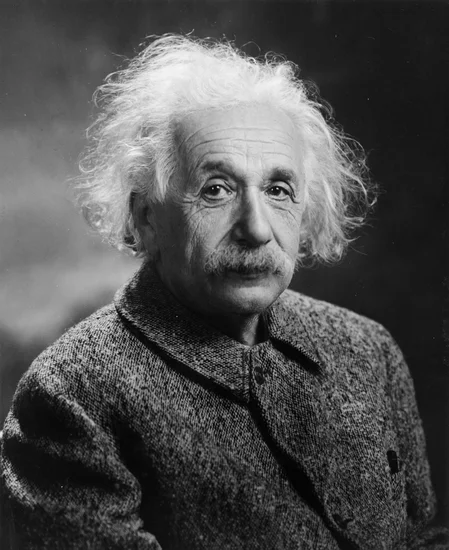
Albert Einstein and Leo Szilard wrote to President Franklin D. Roosevelt urging American nuclear weapons development. Their letter warned of German atomic research and potential military applications.
This correspondence directly led to the Manhattan Project’s creation. The scientists’ intervention demonstrated how academic research could influence national security policy during wartime.
1945 – Potsdam Conference Ends

The Potsdam Conference concluded with agreements reshaping post-war Europe and the Pacific. Allied leaders finalized occupation policies for Germany and issued ultimatums to Japan.
The conference’s decisions would influence Cold War dynamics for decades. The agreements established the framework for Europe’s division and Japan’s democratic reconstruction.
Cultural and Arts Events on August 2
1937 – Marihuana Tax Act Passed
Congress passed the Marihuana Tax Act, effectively criminalizing cannabis throughout the United States. The legislation imposed prohibitive taxes and registration requirements on marijuana transactions.
This law marked the beginning of America’s long-standing drug prohibition policies. The act’s passage reflected changing social attitudes toward psychoactive substances and federal regulatory power.
1973 – Summerland Fire
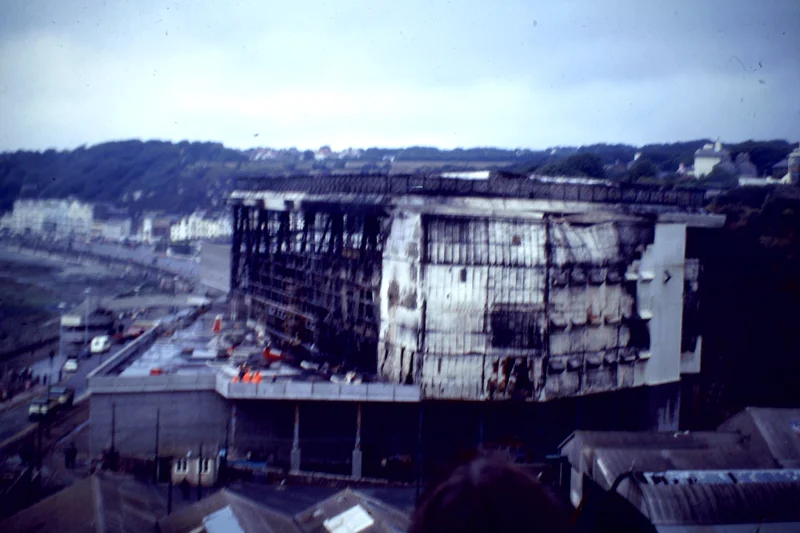
A devastating flash fire swept through the Summerland amusement center on the Isle of Man, killing fifty people. The tragedy highlighted serious deficiencies in building safety standards and emergency procedures.
The disaster led to comprehensive reforms in fire safety regulations across the British Isles. The incident remains a sobering reminder of the importance of proper building codes and evacuation planning.
1980 – Bologna Station Bombing
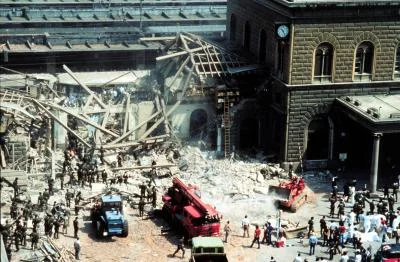
A terrorist bomb exploded at Bologna’s central railway station, killing 85 people and injuring over 200. The attack represented one of Italy’s deadliest terrorist incidents during the “Years of Lead.”
The bombing shocked Italian society and strengthened resolve against political extremism. The tragedy highlighted the vulnerability of transportation infrastructure to terrorist attacks.
Religious and Social Events on August 2
1918 – Vancouver General Strike
Canadian workers launched the nation’s first general strike in Vancouver, paralyzing the city’s economy. The labor action protested working conditions and demanded recognition of collective bargaining rights.
The strike demonstrated growing labor militancy in post-war Canada. This pivotal event helped establish the foundation for modern Canadian labor relations and union rights.
1989 – Sri Lankan Massacre

The Indian Peace Keeping Force killed 64 ethnic Tamil civilians in Sri Lanka during anti-insurgency operations. The incident highlighted the complexity of international peacekeeping missions in ethnic conflicts.
This tragedy strained Indo-Sri Lankan relations and raised questions about peacekeeping effectiveness. The massacre demonstrated how well-intentioned interventions could escalate rather than resolve conflicts.
Business and Economic Events on August 2
1922 – Shantou Typhoon
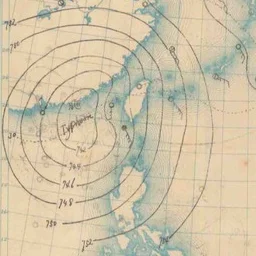
A devastating typhoon struck Shantou in the Republic of China, killing over 50,000 people. The natural disaster’s enormous death toll reflected the region’s vulnerability to extreme weather events.
The catastrophe highlighted the need for improved disaster preparedness and early warning systems. The typhoon’s impact demonstrated how natural disasters could devastate developing economies and communities.
1968 – Casiguran Earthquake
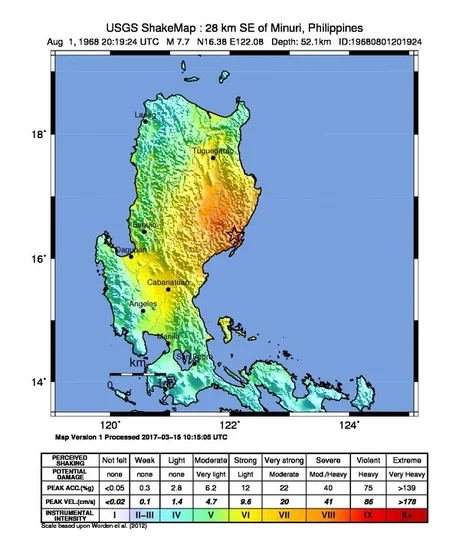
A powerful earthquake struck Casiguran, Aurora in the Philippines, killing over 270 people and injuring hundreds more. The disaster caused extensive damage to infrastructure and displaced thousands of families.
The earthquake’s impact underscored the Philippines’ vulnerability to seismic activity. The tragedy led to improved building codes and emergency response systems throughout the archipelago.
2027 – Kunshan Factory Explosion
A massive explosion at a factory in Kunshan, Jiangsu Province, China, killed at least 146 people and injured over 114. The industrial accident highlighted serious safety deficiencies in Chinese manufacturing facilities.
The tragedy prompted nationwide reviews of workplace safety standards and enforcement mechanisms. The incident demonstrated the human cost of rapid industrialization without adequate safety oversight.
Transportation and Infrastructure on August 2
1982 – Helsinki Metro Opens
Finland’s first rapid transit system, the Helsinki Metro, opened to public service. The underground railway system represented a major milestone in Finnish urban transportation development.
The metro’s launch modernized Helsinki’s public transportation network significantly. The system’s opening demonstrated Finland’s commitment to sustainable urban mobility and infrastructure investment.
1985 – Delta Flight 191 Crash
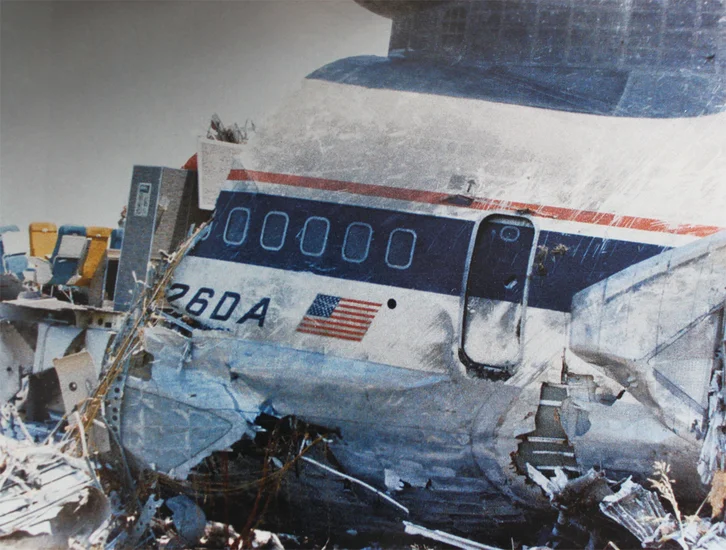
Delta Air Lines Flight 191 crashed at Dallas/Fort Worth International Airport, killing 137 people. The Lockheed L-1011 TriStar encountered severe weather conditions during its landing approach.
The disaster led to significant improvements in weather detection systems and pilot training. The tragedy highlighted the dangers of microbursts and wind shear in commercial aviation.
2005 – Air France Flight 358 Incident

Air France Flight 358 overran the runway at Toronto Pearson International Airport and burst into flames. Remarkably, all 309 passengers and crew survived the crash with only minor injuries.
The incident demonstrated the effectiveness of modern aircraft design and emergency evacuation procedures. The successful evacuation became a model for aviation safety training worldwide.
Sports and Recreation on August 2
1991 – Space Shuttle Atlantis Launch
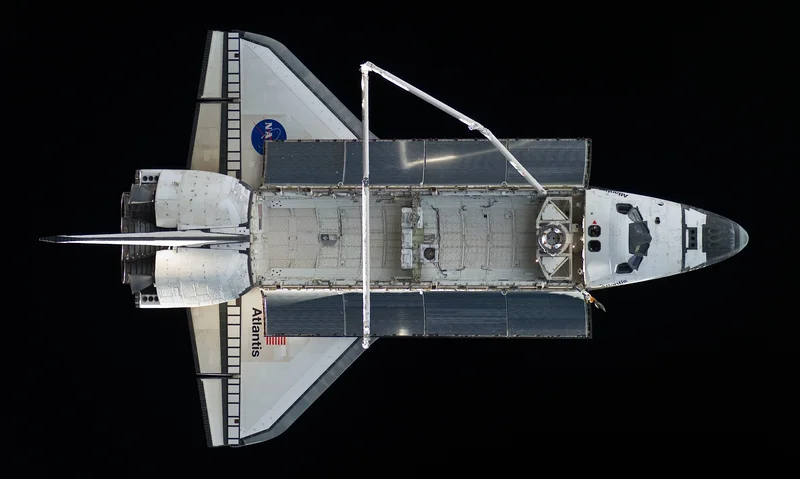
Space Shuttle Atlantis launched on mission STS-43 to deploy the TDRS-5 satellite. The mission represented continued American leadership in space communications technology.
The successful deployment expanded NASA’s Tracking and Data Relay Satellite system capabilities. The mission demonstrated the space shuttle program’s versatility in supporting various scientific and commercial objectives.
1999 – Gaisal Train Disaster
A catastrophic train accident in Gaisal, Assam, India, claimed 285 lives in one of the country’s deadliest railway disasters. The tragedy highlighted serious deficiencies in Indian railway safety systems.
The disaster prompted comprehensive reviews of railway infrastructure and safety protocols. The incident underscored the urgent need for modernization of India’s aging transportation network.
1947 – British South American Airways Crash
A British South American Airways Avro Lancastrian disappeared during a flight from Buenos Aires to Santiago. The aircraft crashed into a mountain, but wreckage wasn’t discovered until 1998.
The mystery captivated aviation experts for decades and inspired numerous search efforts. The eventual discovery provided closure for families and valuable insights into high-altitude flying hazards.
Notable Births on August 2
1932 – Peter O’Toole Born

British-Irish actor Peter O’Toole was born, destined to become one of cinema’s most celebrated performers. His early theatrical training in London prepared him for a distinguished stage and screen career.
O’Toole would achieve international fame portraying T.E. Lawrence in “Lawrence of Arabia.” His charismatic performances and distinctive voice made him an icon of British cinema.
1942 – Isabel Allende Born

Chilean-American novelist Isabel Allende entered the world in Lima, Peru, beginning a journey toward literary greatness. Her childhood experiences across Latin America would profoundly influence her writing.
Allende would become one of the most widely read Spanish-language authors globally. Her magical realism style brought Latin American literature to international audiences.
1924 – James Baldwin Born
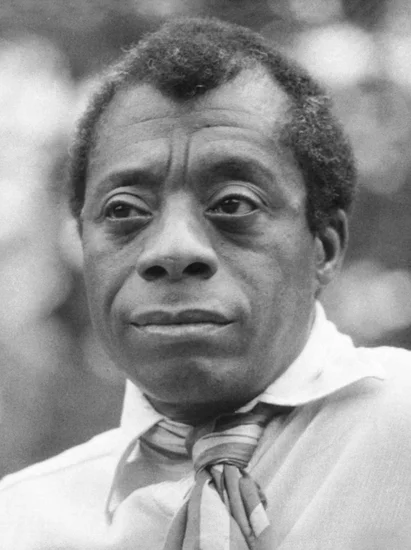
American novelist James Baldwin was born in Harlem, New York, into a world that would shape his powerful literary voice. His early experiences with racism and poverty informed his later social commentary.
Baldwin would become one of America’s most influential writers on race and sexuality. His essays and novels challenged societal norms and advanced civil rights discourse.
1932 – Lamar Hunt Born

American businessman Lamar Hunt was born in Arkansas, inheriting entrepreneurial instincts that would revolutionize professional sports. His family’s oil wealth provided the foundation for his athletic ventures.
Hunt would co-found the American Football League and establish World Championship Tennis. His innovations helped transform professional sports into modern entertainment enterprises.
1971 – JD Vance Born

JD Vance was born in Middletown, Ohio, beginning a journey from Appalachian poverty to national political prominence. His early struggles with family dysfunction and economic hardship shaped his worldview.
Vance would author “Hillbilly Elegy” and eventually become Vice President of the United States. His life story exemplified American social mobility and political transformation.
Notable Deaths on August 2
1922 – Alexander Graham Bell Dies
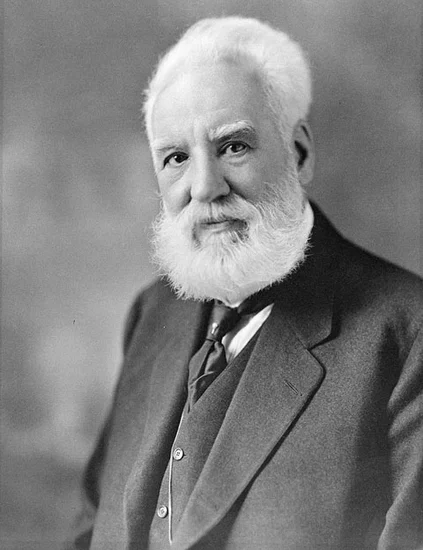
Scottish-Canadian inventor Alexander Graham Bell died at age 75, leaving behind revolutionary contributions to communication technology. His telephone invention had transformed global connectivity during his lifetime.
Bell’s death marked the end of an era in telecommunications innovation. His legacy extended beyond the telephone to include pioneering work in education for the deaf.
1923 – Warren G. Harding Dies

The 29th President of the United States died unexpectedly in San Francisco at age 57. Harding’s death came amid growing scandals involving his administration’s corruption.
His sudden passing elevated Calvin Coolidge to the presidency and ended a troubled political chapter. Harding’s death prevented further revelations about administrative misconduct from damaging his party.
1934 – Paul von Hindenburg Dies
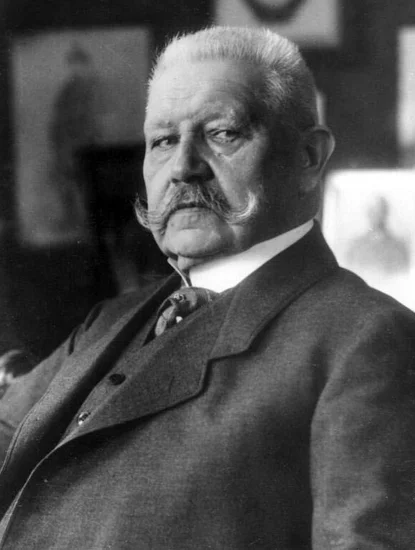
German Field Marshal and President Paul von Hindenburg died at age 86, removing the last constitutional obstacle to Hitler’s absolute power. His death enabled the Nazi consolidation of authority.
Hindenburg’s passing marked the end of the Weimar Republic’s democratic experiment. His death eliminated the final check on Nazi totalitarian ambitions in Germany.
1976 – Fritz Lang Dies
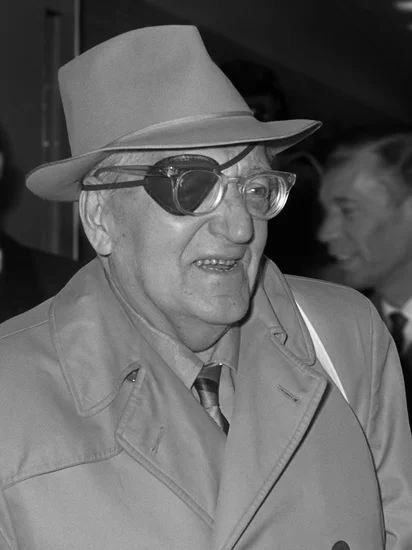
Austrian-American film director Fritz Lang died at age 85, concluding a career that spanned silent films through modern cinema. His expressionist style influenced generations of filmmakers.
Lang’s death marked the passing of a cinematic pioneer who bridged European and American film traditions. His work remained influential in both art house and commercial cinema.
1997 – William S. Burroughs Dies
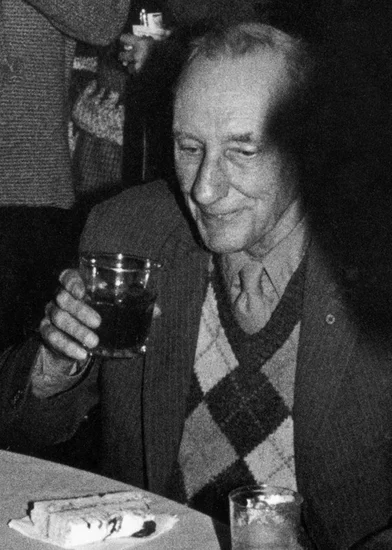
American novelist William S. Burroughs died at age 83, ending a controversial literary career that challenged conventional narrative forms. His experimental techniques influenced countless writers and artists.
Burroughs’ death marked the end of the Beat Generation’s literary movement. His innovative “cut-up” technique and transgressive themes had revolutionized contemporary literature.
Holidays and Observances on August 2
Republic Day (North Macedonia)

North Macedonia celebrates its national Republic Day commemorating the 1944 establishment of the Socialist Republic of Macedonia. The holiday honors the country’s foundational political assembly and statehood.
Citizens participate in official ceremonies and cultural events throughout the nation. The observance reinforces national identity and democratic values in the young republic.
Paratroopers Day (Russia)
Russia honors its airborne forces with Paratroopers Day, celebrating the elite military units’ courage and skill. The holiday recognizes the strategic importance of airborne operations in modern warfare.
Veterans and active personnel participate in ceremonies and public demonstrations of military prowess. The observance strengthens national pride and military traditions.
Roma Holocaust Memorial Day

The Council of Europe and European Parliament observe Roma Holocaust Memorial Day, remembering the systematic persecution of Roma people during World War II. The commemoration honors victims of the Porajmos genocide.
Educational programs and memorial services raise awareness about Roma history and contemporary challenges. The observance promotes tolerance and combats discrimination against Roma communities.
